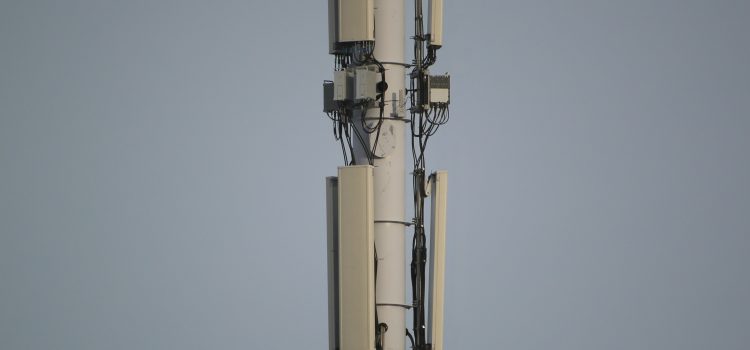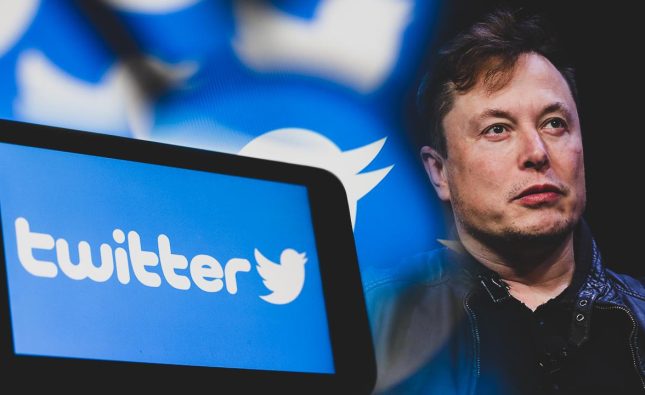
The buzz around 5G technology has been on the rise, with promises of faster internet speeds and improved connectivity. However, the deployment of this groundbreaking network has sparked a heated debate about its safety. The controversy surrounding the potential health risks associated with 5G radiation has left many people wondering whether they should be concerned or not. In this post, we’ll delve into the evidence to examine whether 5G is safe or not. So let’s dive in!
What is 5G?
5G is the fifth generation of mobile phone networks and offers faster speeds and more reliable connections than ever before. However, there is some controversy surrounding the safety of 5G, as it uses higher-frequency waves than previous generations of mobile phone networks. Some studies have suggested that these higher-frequency waves could be harmful to human health, but the evidence is far from conclusive.
At present, there is no definitive proof that 5G is harmful to human health. However, some experts believe that more research is needed to ascertain the long-term effects of exposure to high-frequency electromagnetic radiation. Until such research has been carried out, it is difficult to say definitively whether 5G is safe or not.
The Debate Surrounding 5G Safety
The debate surrounding 5G safety is ongoing and controversial. Some health experts say that the radiation from 5G networks is harmful, while other experts say that it is safe. The evidence is unclear, and more research needs to be done in order to determine the truth about 5G safety.
There are several concerns that have been raised about 5G safety. One worry is that the higher frequencies of 5G radiation could be harmful to human health. Another concern is that the deployment of 5G infrastructure could lead to an increase in electromagnetic field (EMF) exposure.
So far, there is no definitive evidence that 5G radiation is harmful to human health. However, more research needs to be done in order to fully understand the potential risks. In the meantime, it is important to take precautions to reduce your exposure to EMF radiation, such as using an EMF shield or avoiding using wireless devices near your head.
The Evidence for and Against 5G Safety
The 5G technology rollout has been met with opposition from some quarters, who have raised concerns about the potential health risks of the new wireless networks. While the scientific evidence is still emerging, there are a number of studies that have looked at the potential risks of exposure to radiofrequency (RF) radiation from 5G and other wireless technologies.
On the one hand, some studies have found that RF radiation can have negative effects on human health, including an increased risk of cancer. However, it should be noted that these studies are often based on high levels of exposure, such as those experienced by workers in the telecommunications industry. The general public is unlikely to be exposed to similar levels of RF radiation from 5G networks.
On the other hand, other studies have found no clear link between RF radiation and negative health effects. A large-scale study conducted by the World Health Organization found no increase in cancer risk for people living in areas with high levels of RF radiation from mobile phone base stations.
So far, the scientific evidence does not conclusively point to any health risks associated with 5G technology. However, more research is needed to fully understand the potential risks and benefits of this new technology.
Who is at Risk from 5G Radiation?
There is no definitive answer to this question as the research on the matter is ongoing and inconclusive. However, some groups of people may be more vulnerable to the effects of 5G radiation than others. Children and pregnant women are thought to be particularly susceptible, as are those with pre-existing conditions such as cancer or heart disease.
So far, the evidence for any adverse health effects from 5G radiation is scant at best. However, given the potential risks, it is important that further research is conducted in order to ascertain whether there are any real dangers from this new technology.
How to Protect Yourself from 5G Radiation
There is a lot of controversy surrounding the health effects of 5G radiation. Some people believe that 5G radiation is dangerous and can cause a variety of health problems, including cancer. Others believe that 5G radiation is safe and pose no real health risks.
So, what’s the truth? Are the health concerns about 5G radiation justified?
Let’s take a look at the evidence and see what we can find out.
When it comes to protecting yourself from 5G radiation, there are a few things you can do. First, you can try to avoid exposure by staying away from areas where 5G radiation is present. Second, you can use EMF shielding products to help reduce your exposure. And third, you can make sure to keep your cell phone turned off when you’re not using it.
There is no definitive answer to whether or not 5G radiation is dangerous. However, if you’re concerned about the potential health risks, there are steps you can take to minimize your exposure.
Conclusion
We hope this article has helped to provide some clarity on the ongoing debate around 5G radiation and its potential health risks. While opinions are still divided, there is a growing body of evidence that suggests that 5G networks may be safe. As with any new technology, it’s important to monitor the research in this area as more studies become available, so we can make informed decisions about what is best for ourselves and our families.










